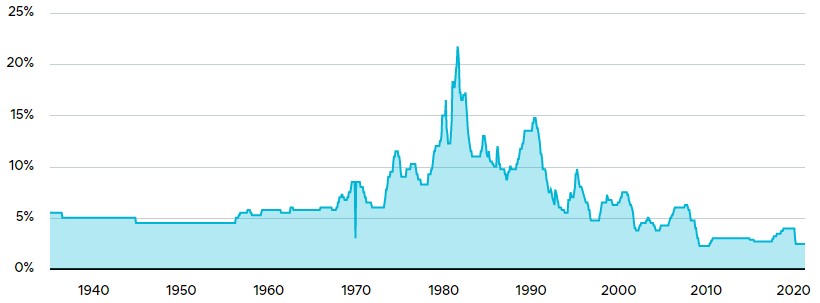Getting a Mortgage after Separation or Divorce

Few people enter into a marriage thinking that it will end in separation or divorce. Unfortunately for some couples, marriages do break down and eventually end. If you find yourself in this unfortunate situation you are probably wondering what your options are. Below are some common questions you may have about getting a mortgage after separation or divorce:
- Will I be able to afford to buy another house for myself?
- Can I take over the mortgage of my current home?
- What is the maximum mortgage I can to buy out my ex-spouse’s equity?
- Is it possible to pay out our marriage debts in a spousal buyout?
- Should we sell our existing property and each buy another home?
- Will I/we end up having to rent?
The good news is we have answers for you so when you are ready we can help you understand exactly what your divorce or separation mortgage options are.
Here are some key terms and definitions that you may want to familiarize yourself with as you move through this process. Banks and mortgage lenders consider these things when qualifying you to either take over your current mortgage solely in your name OR approving you for a mortgage on a completely new home. Knowing what to expect will make the journey a little smoother.
Separation Agreement or Divorce Agreement
This is a key legal agreement you and your spouse will need to have signed. This document describes how you and your spouse agree to dissolve the legal relationship. It addresses key issues including child support payments, custody and access arrangements, spousal support, and the division of marital assets. A signed and completed agreement is required before you are able to be approved for a mortgage in nearly all cases. We recommend working with a qualified mediator or lawyer when creating this document to ensure both parties are well protected.
Matrimonial Home
This is the house that you and your spouse have lived in while married.
Spousal Buyout
A spousal buyout mortgage helps you buyout your partners equity in your current home. This allows you to become the sole owner of the property. This type of financing allows you to be approved for a mortgage up to 95% of the matrimonial homes value. There are some restrictions on what exactly you can pay out with this mortgage and I have listed them here:
- You can pay out the home equity owed to your spouse.
- You can pay out any non-mortgage debts like credit cards or car loans that have accumulated during the marriage. In order to include these in a new mortgage the divorce or separation agreement must list them clearly.
- The current and existing mortgage on your home has to be paid out.
- You cannot take out extra cash for yourself to use personally or at your own discretion.
Spousal Support
When one spouse earns significantly more than the other a monthly equalization payment may be required. This is typically referred to as a spousal support or alimony payment. Early in the mortgage approval process you will need to let your potential mortgage lender know if you are obligated to pay spousal support as it is considered a liability. Alternately, if you are the receiver of spousal support it is considered additional income towards your application. You can simply provide a copy of the separation/divorce agreement to verify this for your lender.
Child Support
Child support is when one spouse pays an agreed upon monthly support payment to the other to help cover the costs of caring for their children. This can vary based on the individual spouses incomes and the time the children will be spending with each parent. This link leads to a quick calculator that will give you an idea of the legal guidelines for child support. https://www.justice.gc.ca/eng/fl-df/child-enfant/2017/look-rech.aspx
Release of Dower Rights
The Dower Act is a legal statute that protects the spouse of any registered owner of real estate. This protection requires their consent to finance or sell the real estate in question even if they are not on title. This applies to any property that either spouse has occupied as a residence or will occupy while they are still married. What does this mean to you in simple terms? It means that even if you are not legally on title to a property, if you or your spouse has lived in it, you may have legal rights to that property. Contact a lawyer to get a more detailed explanation or read up on the Act yourself (very dry reading) here. The Alberta Dower Act
If you have any additional questions about getting a mortgage after divorce or separation and you live nearby Sherwood Park and Edmonton, AB, please reach out to us. We will be happy to help you determine your mortgage options during this challenging time.



